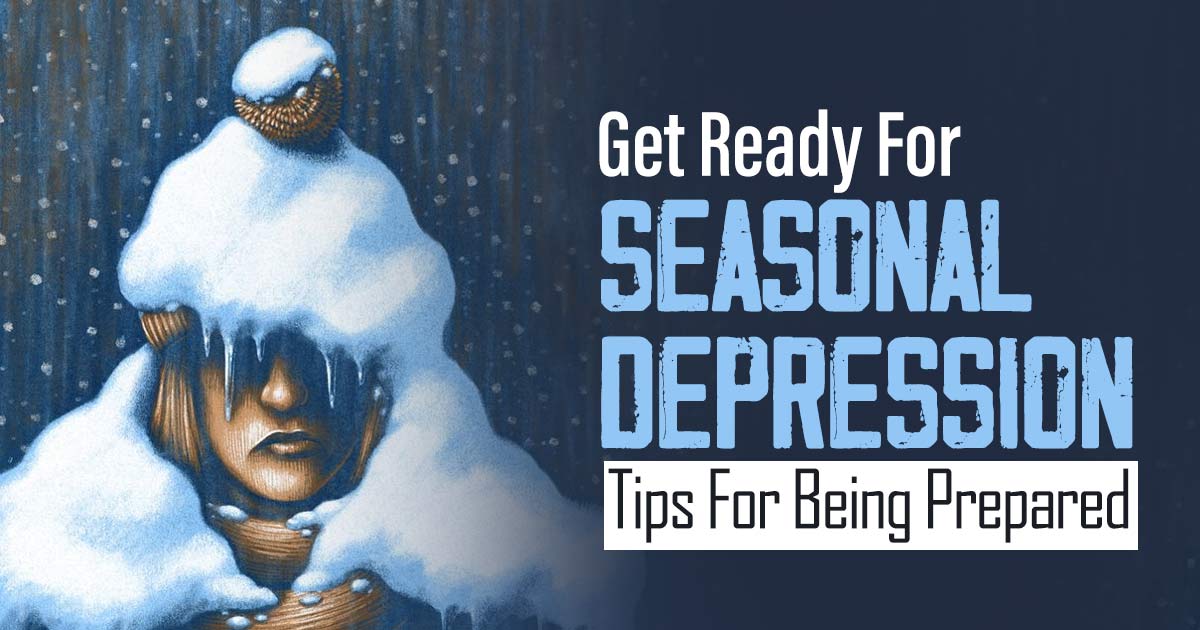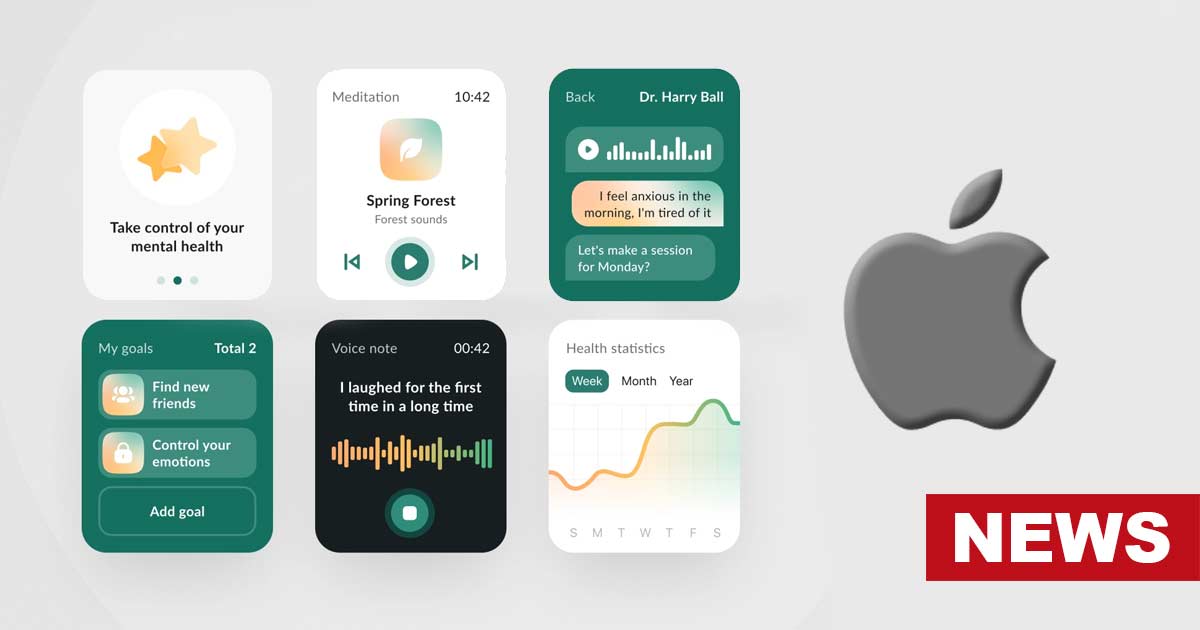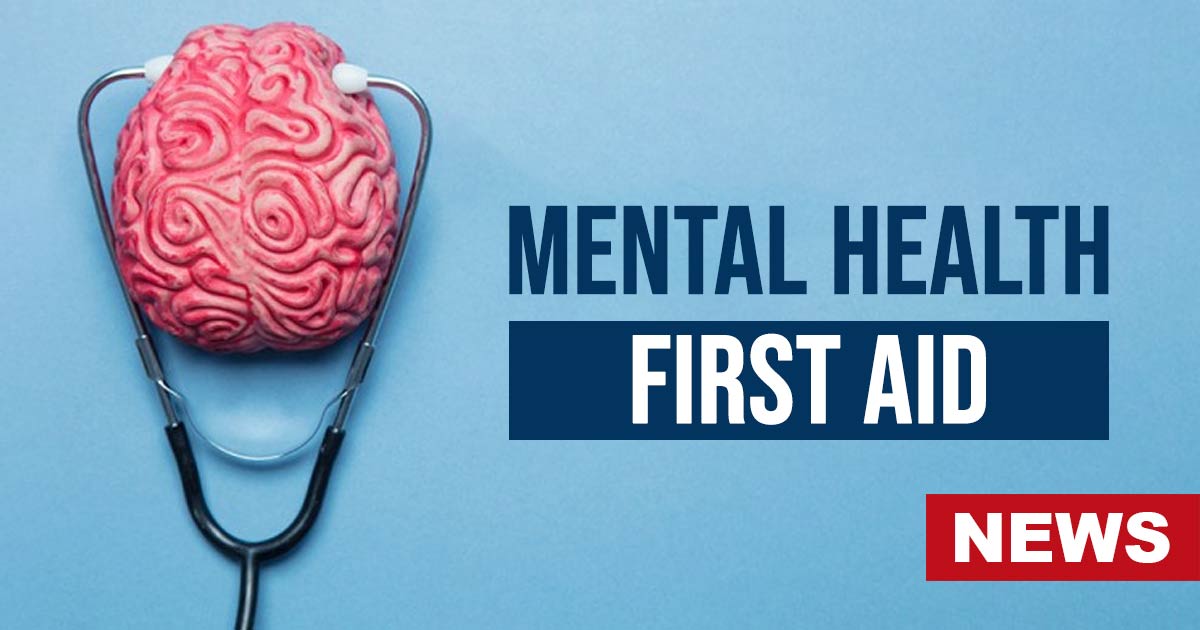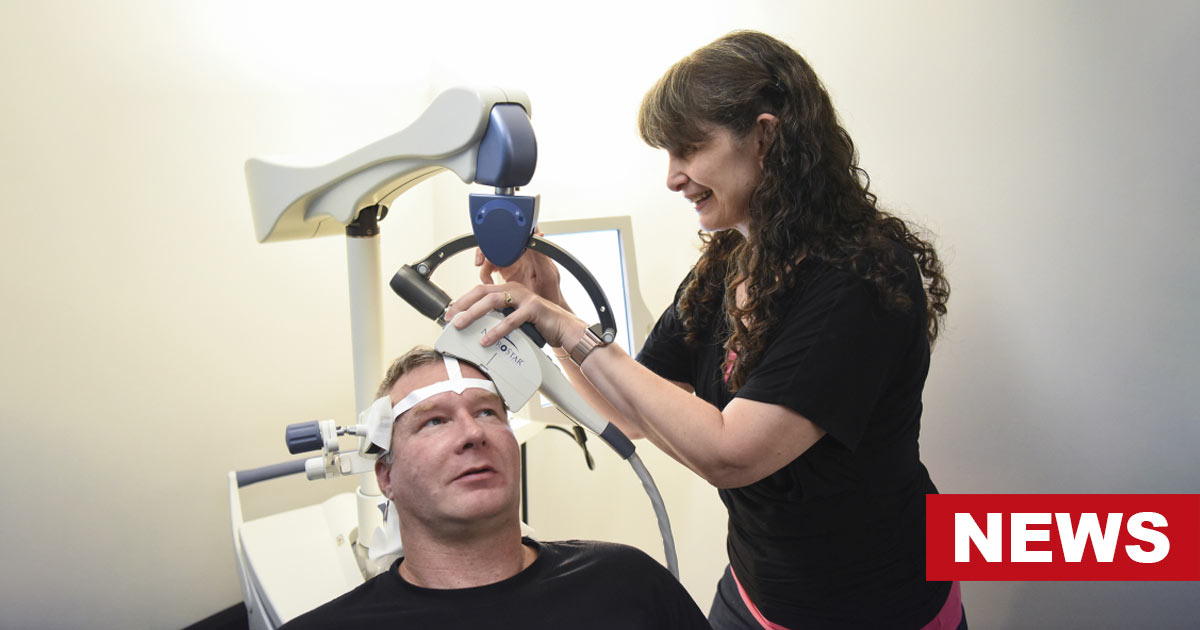What Is Seasonal Depression?
Seasonal depression, also known as seasonal affective disorder (SAD), is a type of depression that occurs at a specific time of year, usually during the fall and winter months when there is less natural sunlight.
It is characterized by symptoms such as low energy, oversleeping, weight gain, and feelings of sadness and hopelessness. Seasonal depression is believed to be related to changes in light exposure, which can disrupt the body’s internal clock and lead to a drop in serotonin levels, a neurotransmitter that affects mood.
How Is Seasonal Depression Different From General Depression?
Seasonal depression differs from general depression in that it occurs at a specific time of year and is often linked to changes in light exposure. General depression, on the other hand, can occur at any time and is not necessarily linked to seasonal changes.
While the symptoms of seasonal depression and general depression can be similar, seasonal depression is more likely to involve symptoms such as oversleeping, increased appetite, and weight gain, whereas general depression may involve symptoms such as insomnia, loss of appetite, and weight loss.
How To Know You Have Seasonal Depression
If you suspect that you may be experiencing seasonal depression, there are several signs to look out for. These may include feelings of sadness or hopelessness, low energy, oversleeping, changes in appetite, weight gain, difficulty concentrating, and withdrawal from social activities.
It’s important to note that these symptoms must occur at the same time each year, typically in the fall and winter months, for a diagnosis of seasonal depression to be made. If you are experiencing these symptoms, it’s essential to seek help from a mental health professional who can provide an accurate diagnosis and appropriate treatment.
How To Prepare For Seasonal Depression: Tips And Strategies
To prepare for seasonal depression and minimize its impact, there are several strategies that can be helpful. These include:
1. Light therapy:
Using a light therapy box for a specified amount of time each day can help regulate the body’s internal clock and improve mood. Light therapy boxes emit bright light that mimics natural sunlight and can be an effective treatment for seasonal depression.
2. Regular exercise:
Engaging in regular physical activity can help boost mood and energy levels, reduce stress, and improve overall well-being. Exercise has been shown to be an effective treatment for depression, including seasonal depression.
3. Healthy eating:
A balanced diet that includes plenty of fruits, vegetables, whole grains, and lean protein can help support overall health and well-being. Certain nutrients, such as omega-3 fatty acids and vitamin D, may also play a role in mood regulation and can be beneficial for individuals with seasonal depression.
4. Stress management:
Learning and practicing stress management techniques, such as meditation, deep breathing exercises, or yoga, can help reduce feelings of anxiety and depression. Finding healthy ways to cope with stress can be beneficial in managing seasonal depression.
5. Social support:
Maintaining social connections and seeking support from friends and family can help alleviate feelings of isolation and loneliness. Having a strong support network can provide a sense of belonging and help improve mood and overall well-being.
Why Does Seasonal Depression Go Undiagnosed?
Seasonal depression often goes unaddressed for several reasons. Firstly, people may dismiss their symptoms as simply feeling “down” during the colder, darker months, attributing it to the weather rather than recognizing it as a potential mental health issue.
Additionally, there is a lack of awareness and understanding about seasonal depression, leading individuals to not seek help or treatment for their symptoms. The stigma surrounding mental health can also contribute to people feeling reluctant to discuss their struggles or seek professional help, further perpetuating the cycle of unaddressed seasonal depression.
It is crucial for seasonal depression to be addressed in the long run due to its potential impact on an individual’s overall well-being. Untreated seasonal depression can significantly impair one’s quality of life, affecting their personal and professional relationships, productivity, and overall mental and physical health.
Addressing seasonal depression can lead to improved coping strategies and a better understanding of the condition, ultimately enabling individuals to manage their symptoms effectively and seek appropriate support when needed. By addressing seasonal depression, individuals can work towards maintaining their mental health and enhancing their overall life satisfaction, promoting a healthier and more fulfilling future.





















